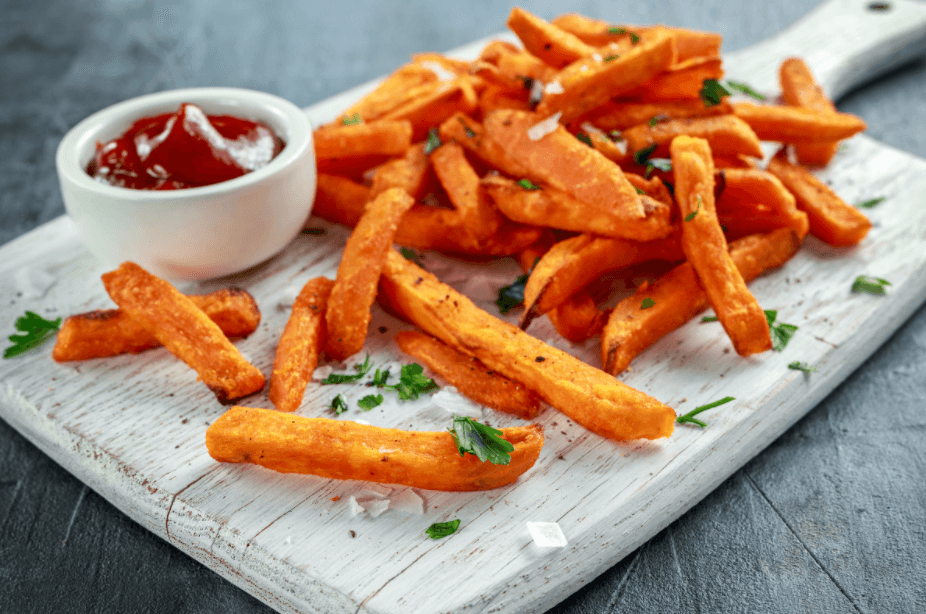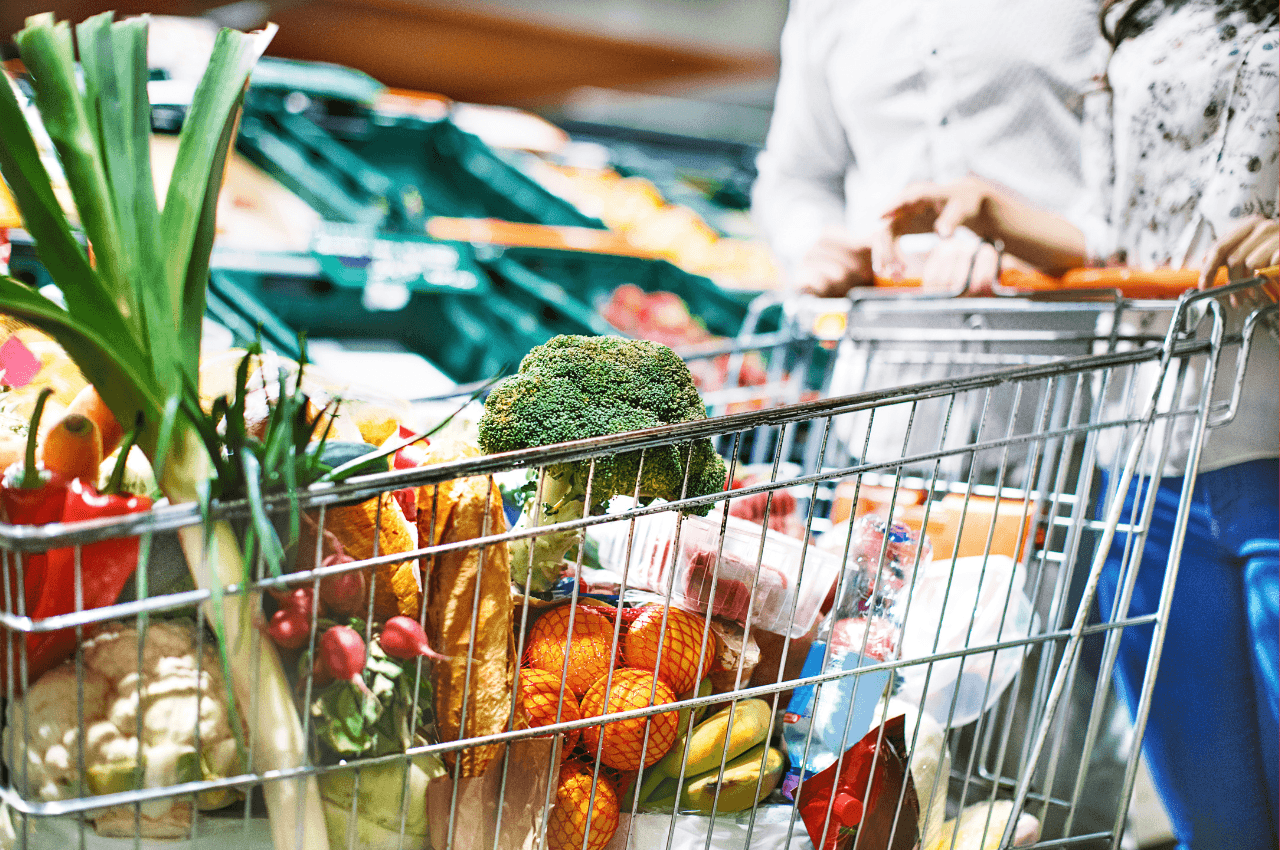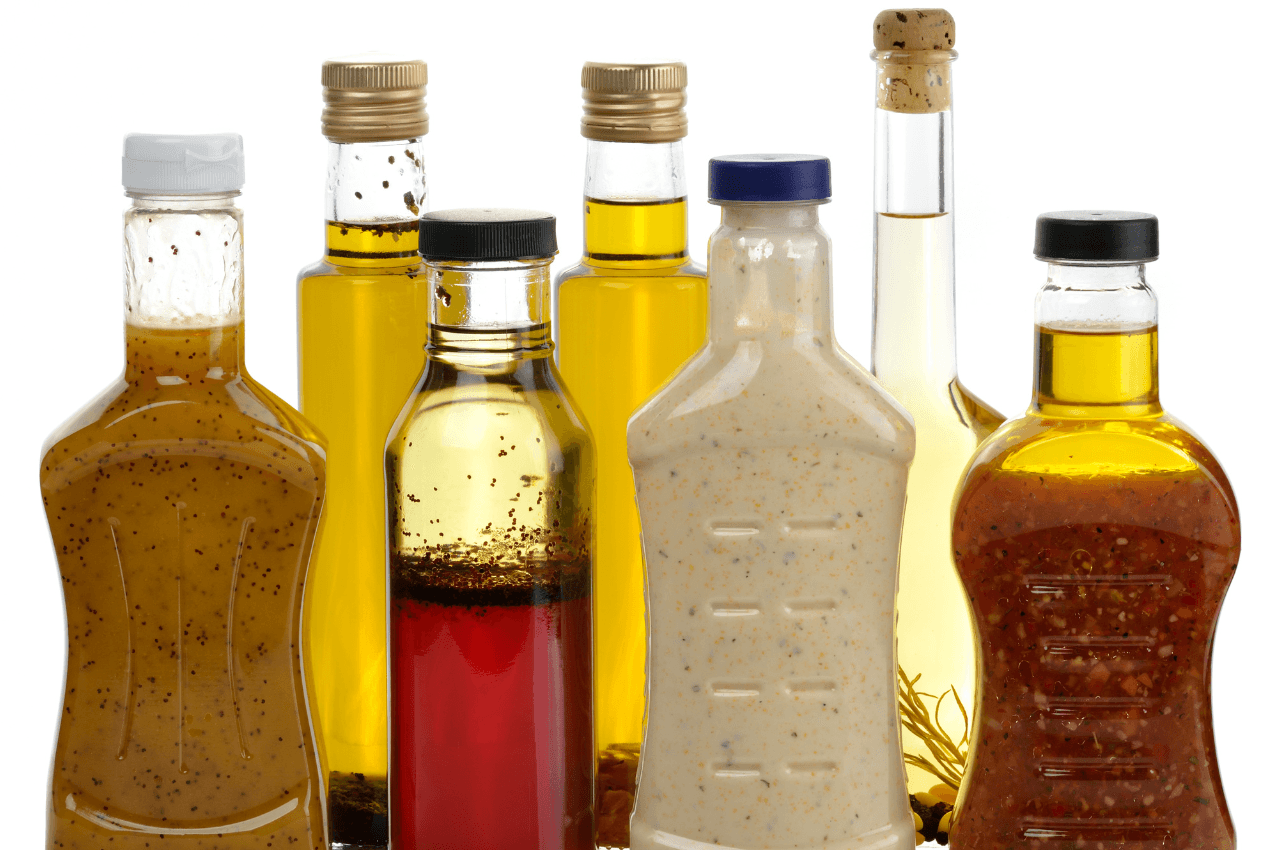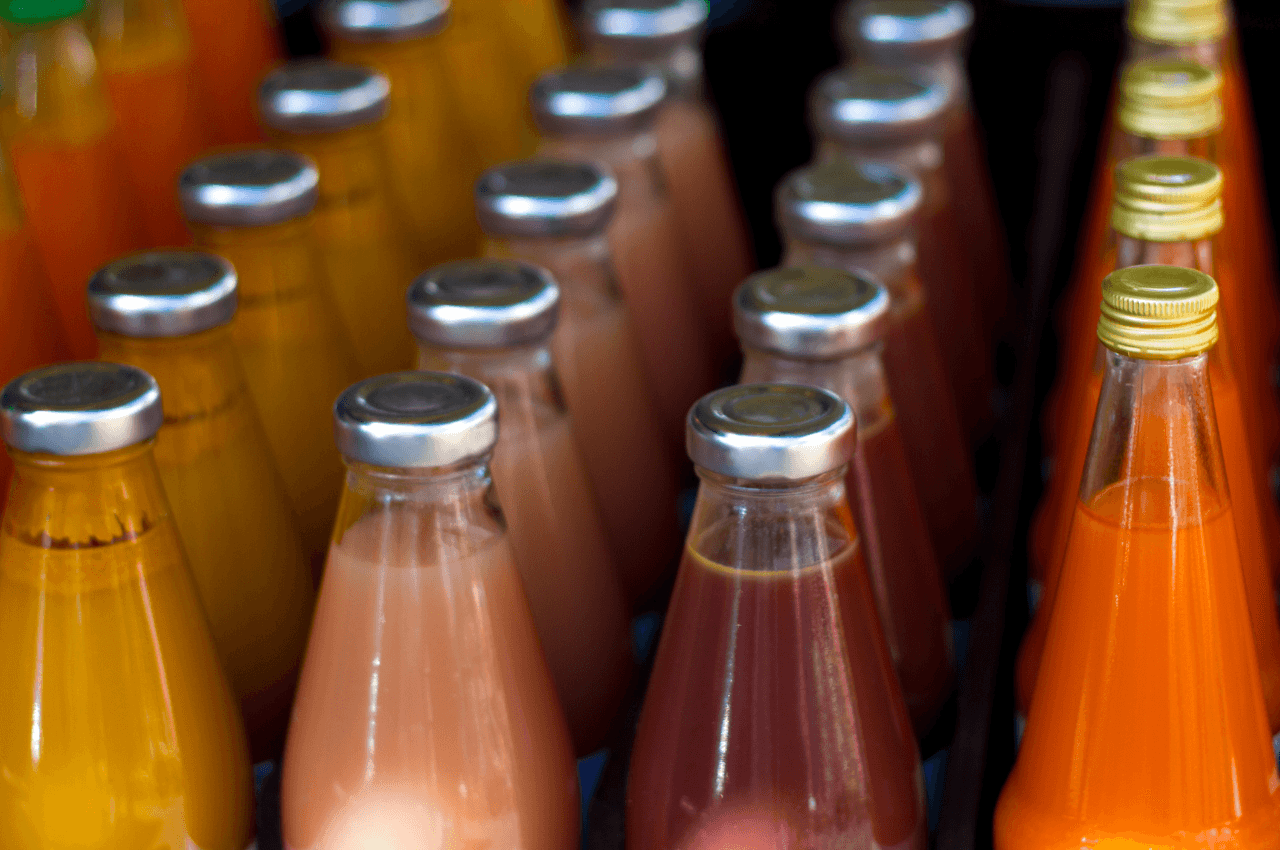What is calorie deficit? Your fat-burning questions, answered!
•Nutrition

Share
What is a calorie deficit?
Your body naturally burns a certain amount of calories every day, however if you consume fewer calories than your body needs to maintain its current weight, it will help you lose weight. For example, if your body needs 2000 calories to maintain its current weight, but you only eat 1200, you’re in an 800-calorie deficit.
Put another way, if you burn more calories than you consume, you’ll lose weight.
What does a calorie deficit do?
So, you've created a calorie deficit, and your body will now turn to its trusty backup plan: burning stored fat for energy. By creating a calorie deficit, your body will automatically turn to other energy sources within the body, such as excess fat. Which, in turn can help in losing the stubborn muffin top or those unwanted love handles!
How do I calculate my calorie deficit?
Firstly, we recommend jumping online and searching for a free TDEE calculator (total daily energy expenditure) to calculate the amount of calories your body burns on a daily basis. The TDEE calculator can estimate this based on your age, weight, height and activity level.
Typically, adults consume an average of 2000 calories daily, however if you do weigh more, your daily average will be higher. In simple terms, to create a calorie deficit, subtract 400-600 calories from your daily caloric intake (the amount of calories you have daily). By subtracting these calories, this creates a calorie deficit.
We recommend increasing your calorie deficit slowly so your body can react and adjust appropriately. Slow and steady wins the race. If you have concerns, we always suggest a visit to your GP to ensure you’re on the right track!
What foods are good for eating whilst in a calorie deficit?
- Lean protein: lean proteins are a great way to pack nutrients into your meals, maintain muscle growth and keep your body fueled. We recommend proteins such as chicken (skinless chicken breast is very protein tense!), fish, tofu and other lean meats.
- Colourful fruits and vegetables: load up on colourful fruits and veggies that are packed with vitamins, minerals and fibre. They provide essential nutrients whilst being low in calories and natural sugars. Think leafy greens, berries, citrus, celery, spinach, cucumber, broccoli and capsicum!
- Whole grains: whole grains such as quinoa, brown rice, whole wheat bread, oats and cous cous are complex carbohydrates which are rich in fibre, dense in minerals such as iron, and are designed to help you feel full for longer!
- Healthy fats: healthy fats are the key to nutrient absorption, maintaining your overall well-being, keeping you full, maintaining cholesterol and body sugar levels and provide your body with the energy it needs to keep moving! Sources we love to include in our meal plans include avocado, nuts, seeds, olive oil, fatty fish, eggs and coconut oil.
- Legumes and beans: legumes and beans are the best way to bulk up your meals which are high in fibre and protein. Our favourites are lentils, chickpeas, black beans, peas, and kidney beans.
For some great meal ideas, check out our Recipes collection here.
I’m worried I won’t feel full if I’m in a calorie deficit, how do I make sure I’m not hungry?
When starting a calorie deficit, it’s important that you feel full and nourished to avoid feeling disheartened and doubtful about your weight loss journey. It might seem surprising, but it’s actually a lot easier than you think to stay full whilst being in a calorie deficit.
Our top tips for feeling satisfied, confident and full in a calorie deficit are:
- Prioritise your protein intake! Protein helps keep you full, meaning that you’re less tempted to reach for snacks whilst in a calorie deficit.
- Fibre is your friend. Packing high-fibre foods such as whole wheat, legumes, and grains into your diet helps keep you full and your digestion regular.
- Hydration is key, always. We always recommend drinking 2-3 litres of water a day, as this can help curb hunger, remove brain fog, fatigue, stabilise your BP and soothe aches. Water is a natural healer!
What does being in a calorie deficit on The Lady Shake look like?
Our Rapid Weight Loss Plan is our most effective regime and the plan we generally recommend for shakers looking to lose kilos and reshape their lives. Our Rapid Weight Loss Plan could look something like this -
- 8 am – Morning Lady Shake
- 10 am – Morning Snack
- 1 pm – Lunch Lady Shake
- 3 pm – Afternoon Snack
- 6 pm – Dinner time! Psst - for some delicious meal ideas, check out our Recipes collection here.
Our shakes are roughly 204 calories per serve (if shaken with plain water, and varying slightly by flavour), and we recommend snacks to be below 150 calories with less than 5g of sugar. Typically, a day of eating for shakers on our Rapid Weight Loss Plan could range from 1200 – 1600 calories depending on what your body needs.
To lose 1kg a week in a calorie deficit will look different to everyone!
The speed of how you lose weight is different for everyone. At a safe and sustainable pace, using a calorie deficit method generally requires a ‘deficit’ or removal of about 500 to 1000 calories per day (or, 30% of your total caloric intake) from your total daily intake to lose weight.
Some important considerations to make when setting weight loss goals using a deficit are your activity levels, metabolism and overall health. All of these factors can influence how many calories you should be consuming daily. If you’re making big changes to your diet, we always recommend checking in with your GP.
Quick tips to make sure the calorie deficit sticks
- Experiment with Lady Shake flavours to find which ones are your favourites – if you’re enjoying your meals you’re less likely to eat extra and break your deficit.
- Be a label detective by checking the nutritional info on your snacks and ensuring it fits your calorie deficit plan.
- Consistency, consistency, consistency. Stick to your calorie deficit plan and shake routine, but don't be too hard on yourself. Remember, it's okay to indulge in a slice of cake or a girl's night out occasionally. Balance is the key to maintaining that radiant confidence.
Remember to consult with a healthcare professional before making any drastic changes to your diet or exercise routine. Cheers to a healthier, happier, and Lady-Shaking you!






